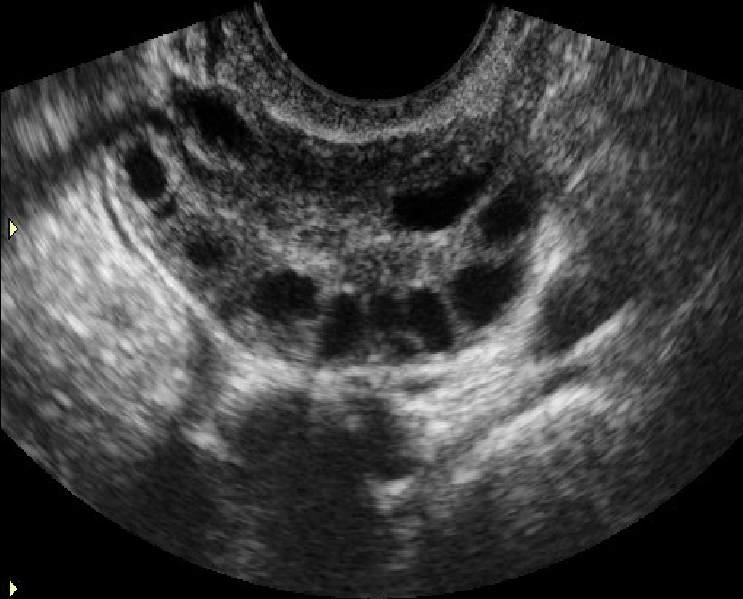

PCOS is a long-term condition and long-term management is needed.ĭepending on the symptoms you experience, management of PCOS can include: It is important that all the symptoms of PCOS are dealt with and managed long-term, to avoid associated health problems. You don’t have to have all of these symptoms to have PCOS. mood changes – including anxiety and depression.reduced fertility (difficulty in becoming pregnant) – related to less frequent or absent ovulation.

excessive facial or body hair growth (or both).amenorrhoea (no periods) – some women with PCOS do not menstruate, in some cases for many years.irregular menstrual cycles – periods may be less or more frequent due to less frequent ovulation (release of an egg).For women aged under 20, ultrasounds are not recommended, which means 1 and 2 must be present for a diagnosis of PCOS. You don’t need an ultrasound if you have 1 and 2. polycystic ovaries (many small cysts on the ovaries) visible on an ultrasound.acne, excess facial or body hair growth, scalp hair loss or high levels of androgens (testosterone and similar hormones) in the blood.To be diagnosed with PCOS, women need to have two out of three of the following: Up to a third of women may have polycystic ovaries seen on an ultrasound, but they don’t all have PCOS. Almost 70 per cent of these cases remain undiagnosed. It affects 8 to 13 per cent of women of reproductive age (between late adolescence and menopause). PCOS is relatively common, especially in infertile women. The condition is also more common in women of Asian, Aboriginal and Torres Strait Islander and African backgrounds. Women who have a mother, aunt or sister with PCOS are 50 per cent more likely to develop PCOS. Insulin resistance is present in up to four out of five women with PCOS. The cause is not fully understood, however family history and genetics, hormones and lifestyle play a role. Women with PCOS commonly have high levels of insulin that don’t work effectively, or male hormones known as 'androgens', or both. These rarely grow to maturity or produce eggs that can be fertilised. This refers to the many partially formed follicles on the ovaries, which each contain an egg. ‘Polycystic’ literally translates as ‘many cysts’. Polycystic ovary syndrome (or polycystic ovarian syndrome – PCOS) is a complex hormonal condition. What is polycystic ovary syndrome (PCOS)?


 0 kommentar(er)
0 kommentar(er)
